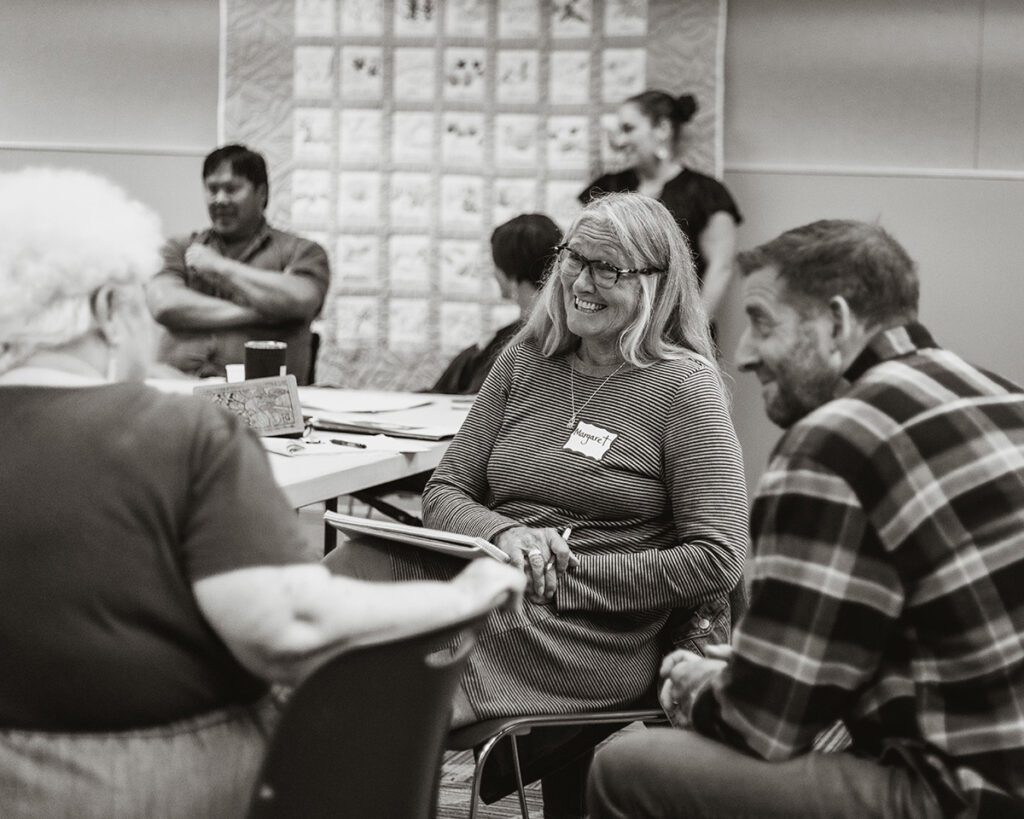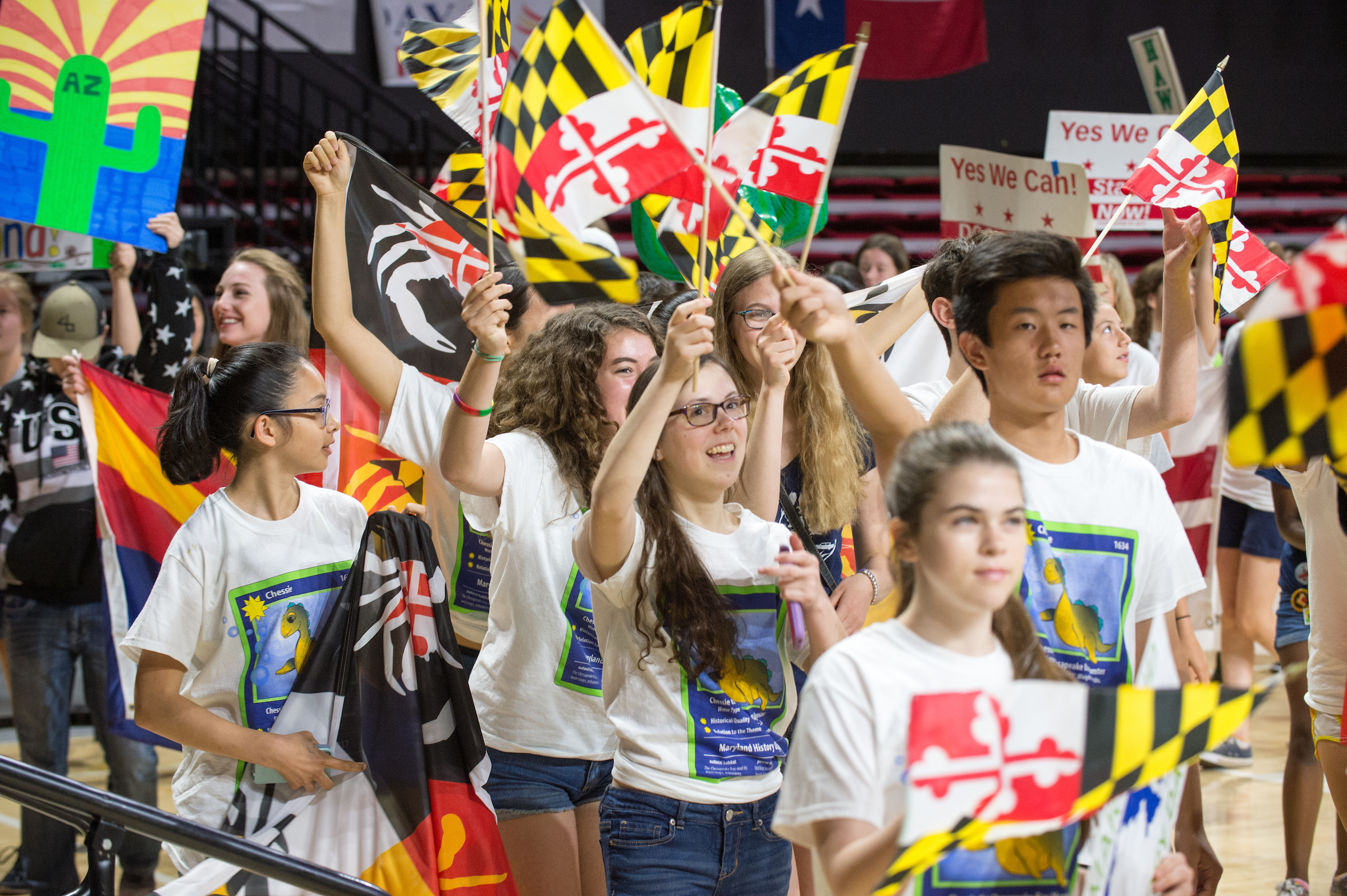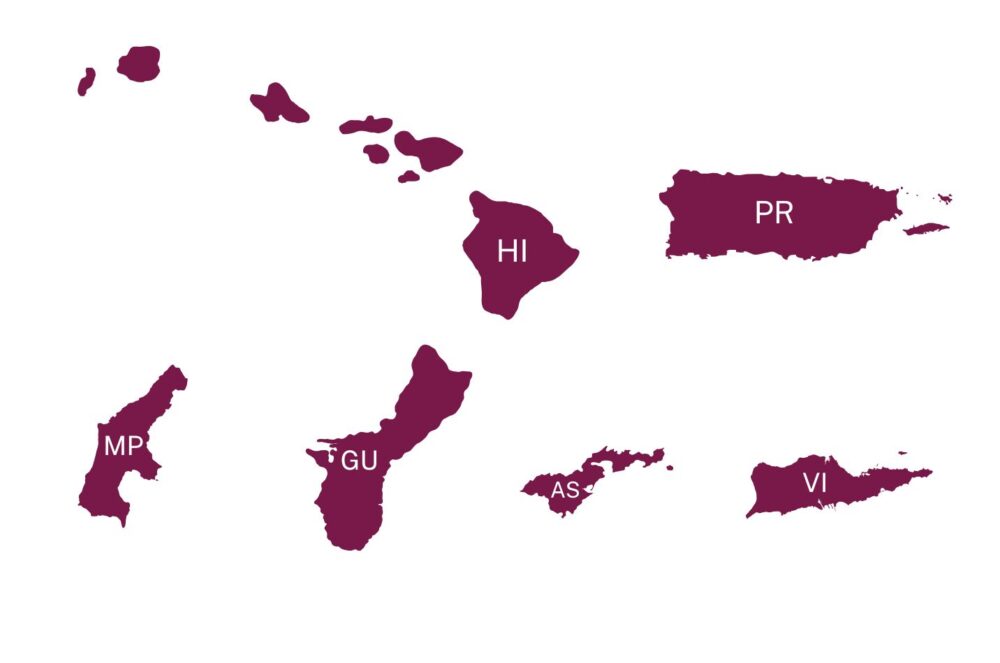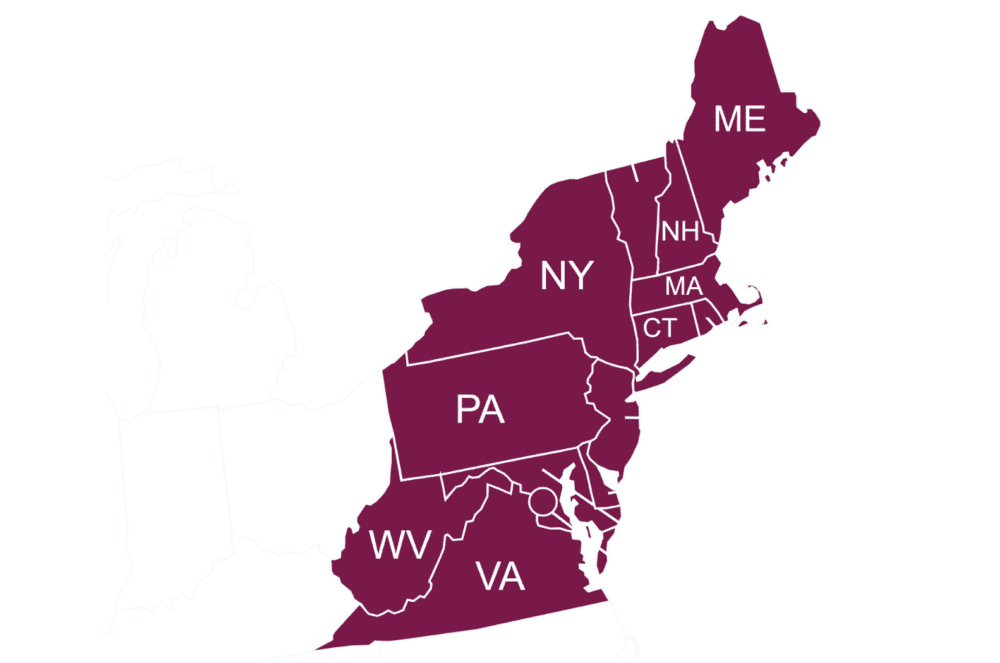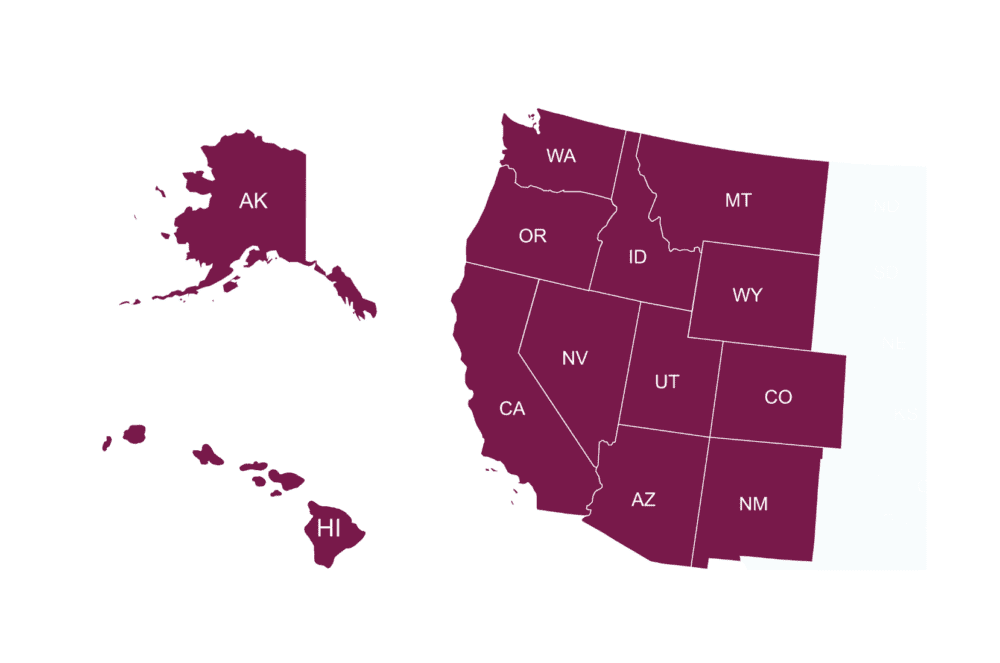Programs that Serve All Americans
Humanities councils are exemplary of the strongest public/private partnership. Funds distributed to the councils by NEH are locally controlled and used by councils to create locally-tailored programs and support American institutions like historical societies, museums, schools, and veteran services.
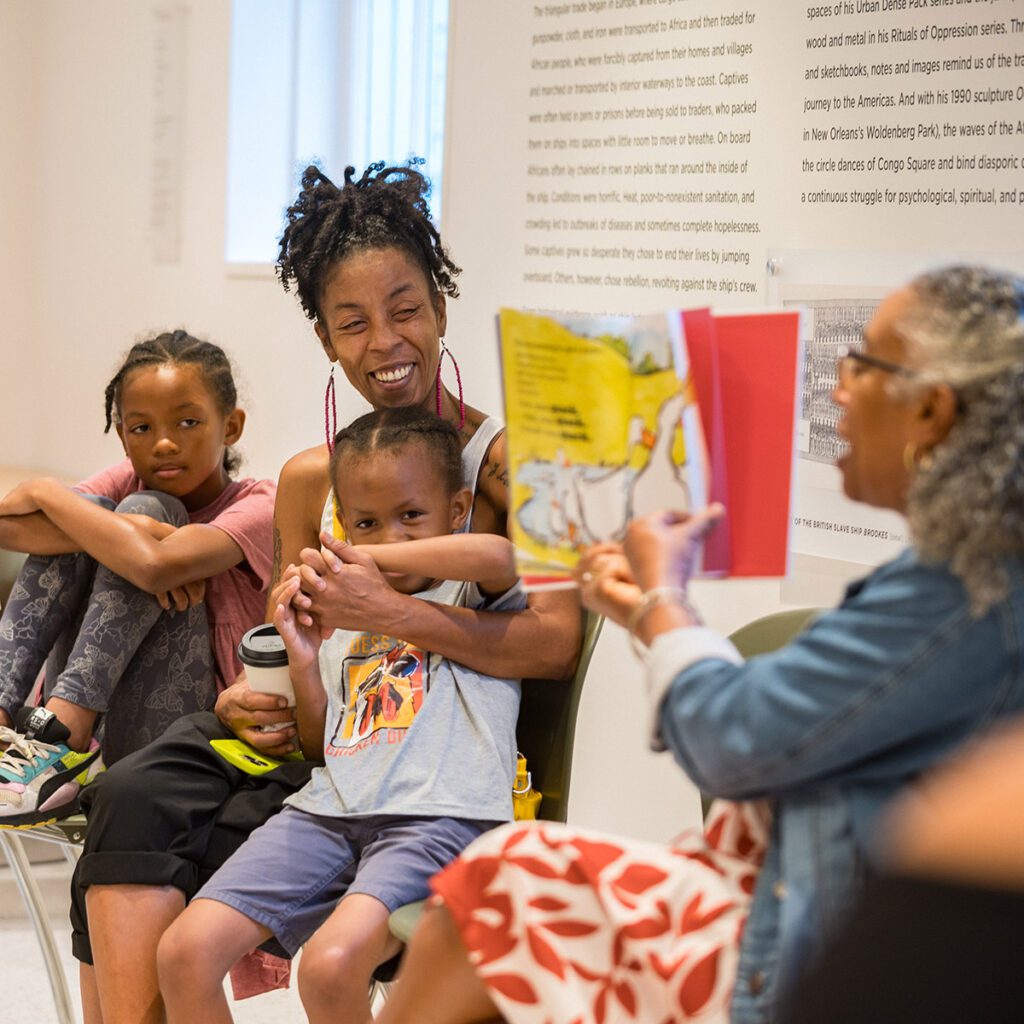
Family Literacy in Louisiana
Prime Time Storyteller Natalie Marshall Williams reads to families during a Prime Time HomeRoom@Home workshop. This Louisiana Endowment for the Humanities workshop teaches parents how to make reading time more meaningful and to empower them in their role as their child’s first teacher.
Photo by Frank Aymami, courtesy of the Louisiana Endowment for the Humanities.
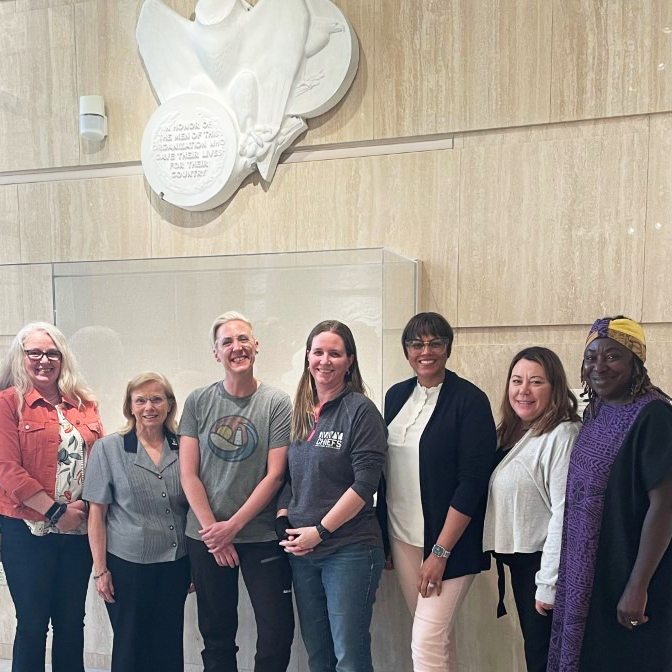
Veteran Programs in Michigan
Michigan Humanities partnered with the Michigan Veterans Affairs Agency (MVAA) to hold sustained reflective conversations with women veterans from across the state of Michigan using the humanities, which created an environment for sharing and listening that most participants had never experienced before.
Photo courtesy of Utah Humanities.
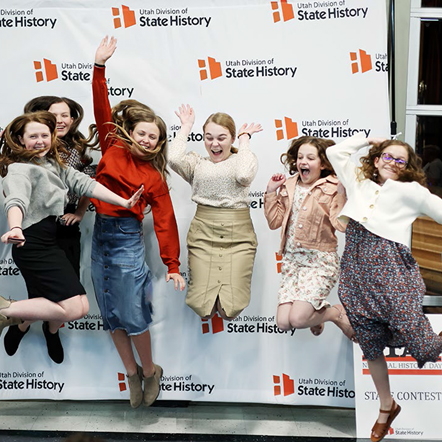
National History Day in Utah
Utah students participating in the National History Day competition jump for joy! National History Day® in Utah is a year-round history education program serving 4th-12th grade students statewide. Utah Humanities is the National History Day affiliate for Utah.
Photo courtesy of Utah Humanities.
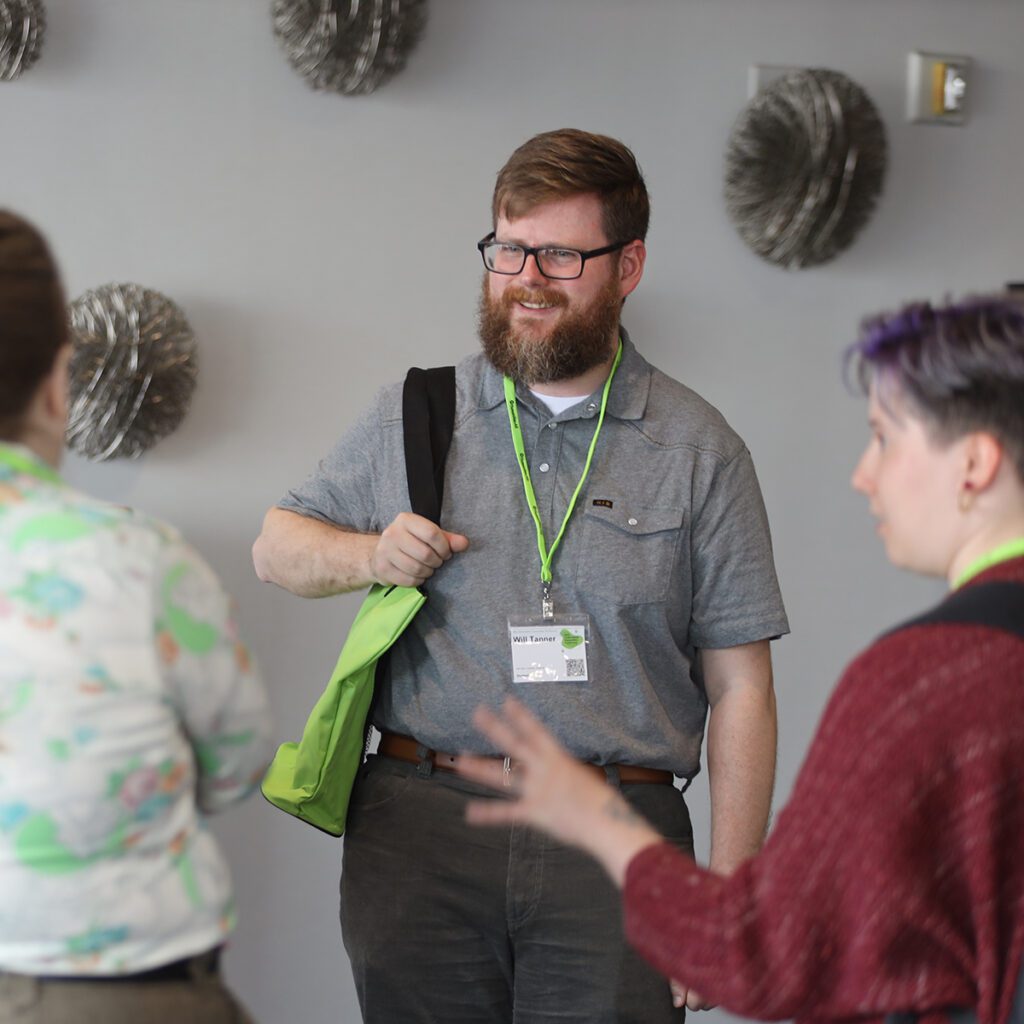
Career Development in Arkansas
HumanitiesAR hosted the Next Gen(eration) Humanities Conference in 2023 to bridge the gap between humanities education and career paths for 18–35-year-olds. Sessions, tours, and workshops explored career development, multigenerational learning and collaboration, and careers in the humanities.
Photo courtesy of HumanitiesAR.
Serving Every State and Territory
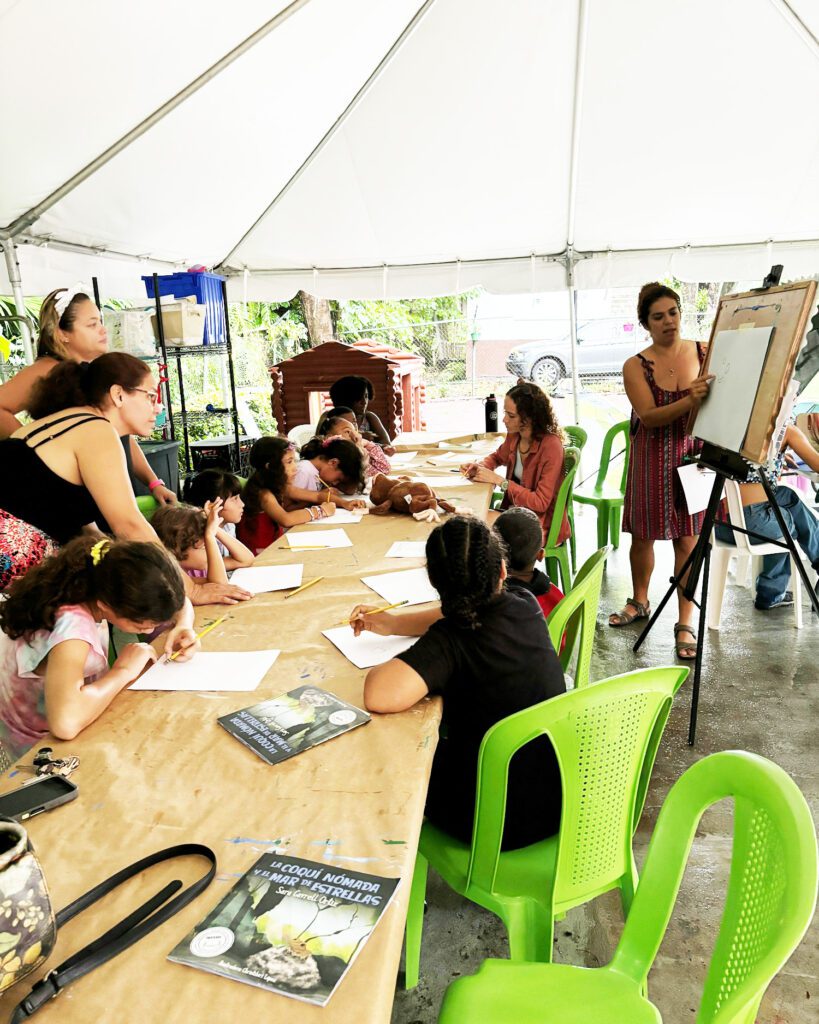
There are 56 humanities councils—one in every state, territory, and the District of Columbia. From Alaska to Alabama, they serve nearly every district in the US. As independent nonprofits, councils are able to reach communities of all sizes and geographies.
Humanities councils reach every corner of their states. Federal funding allows them to offer equal access and services to individuals and organizations in small towns and rural areas. More than 80% of councils collaborate with rural communities to create exhibits and programs and preserve their unique histories.
Caption: A short story reading and art workshop in San Juan. Photo by Natalia Oliver Huffman, courtesy of Humanidades Puerto Rico.
Small Organizations, Big Impacts
Humanities councils are lean and efficient, working hard to maximize every dollar of funding to reach millions of Americans annually.
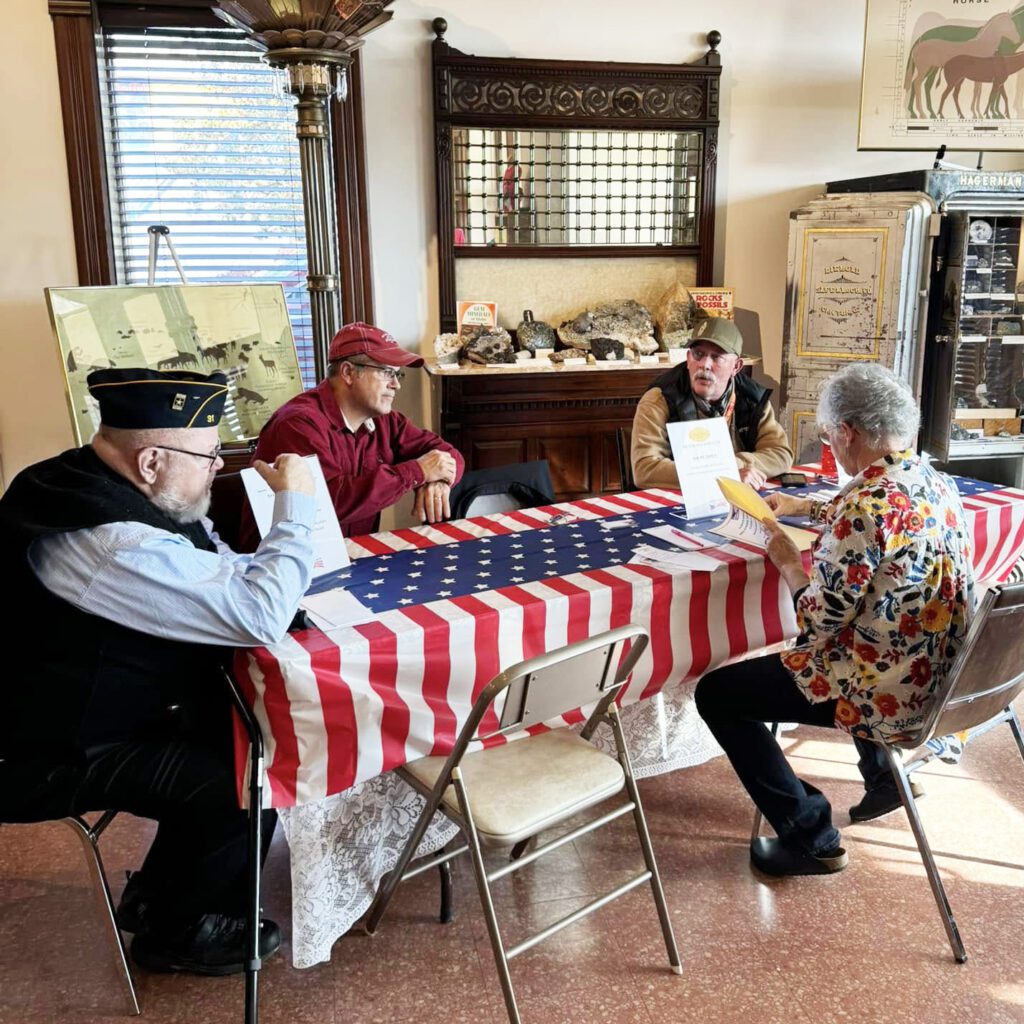
3,500 Grants Distributed Annually
Humanities councils award $37.5 million in small grants each year to community organizations and projects.
Caption: Idaho Humanities Council funded the volunteer-run Hagerman Valley Historical Society’s project to compile and preserve the biographies of over 400 veterans from rural Hagerman Valley. Photo courtesy of the Hagerman Historical Society and Idaho Humanities.
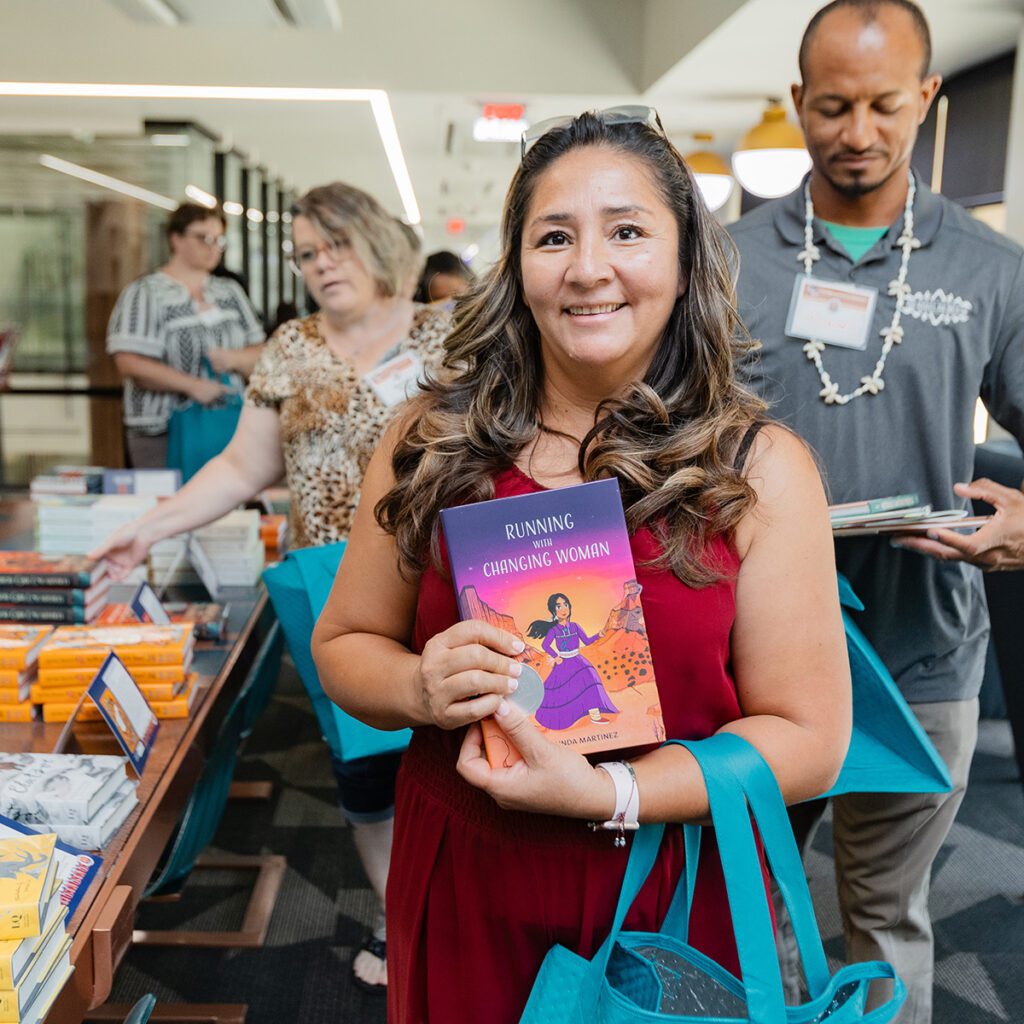
123 Partners Per State
Humanities councils partner with an average of 123 local public and nonprofit partners per state, which helps build vibrant and collaborative cultural sectors across the country.
Caption: Arizona Humanities partnered with the Arizona Department of Education to produce a free K-12 Indigenous Literacy Symposium for Arizona teachers. Photo by Always Timeless Productions, courtesy of Arizona Humanities.
Preparing for the 250th
Humanities councils are already planning activities for the nation’s 250th. Many councils are leaders in their state’s 250th commissions. Councils will connect people through speakers, discussions, and free public programs in libraries and museums. Documentary films, local exhibits, online encyclopedias, and oral history projects will preserve and tell these stories for generations.
Caption: Oregon Humanities staff and library employees shared ideas in a Beyond 250 facilitation training for library employees and board members. Photo by Anthony Gainer, courtesy of Oregon Humanities.
